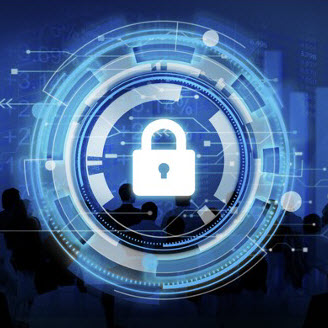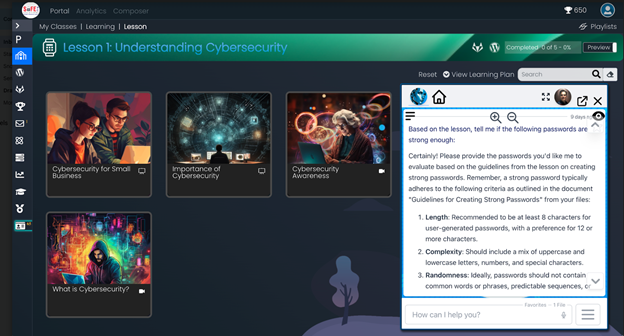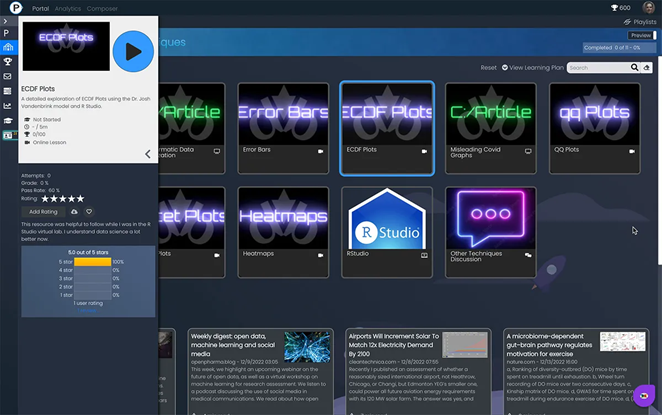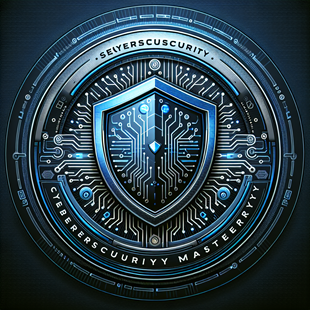Cybersecurity is a vital aspect of the digital world, as it protects both individuals and organizations from malicious attacks that can compromise their data, privacy, and reputation. To achieve a high level of cybersecurity, there are some foundational technologies that should be implemented and followed. The Cybersecurity Awareness course will help participants learn how to defend themselves and their organizations from cyber threats, and to promote regional, cross-regional, and inter-organizational collaboration and skilling.

In an increasingly interconnected world, especially with the rise in remote work, the security of an individual’s systems and the systems of employers are one in the same.
Cybersecurity is ultimately everyone’s job, and awareness training is a necessary first step in implementing cybersecurity policies and procedures, as well as technical controls.
The goals of this interactive, human-centered course extend beyond cybersecurity awareness compliance requirements. Our curriculum development team and instructors are committed to helping learners to develop string security instincts they can apply to their daily routines, at work and otherwise.



Upon completion of the 10-hour Cybersecurity Awareness course, learners should be able to fulfill role-based cybersecurity responsibilities within the companies that employ them. Since this is a non-technical, introductory course, learners may wish to continue their cybersecurity education with upcoming technical cybersecurity courses that SafePC plans to offer in the future.
The Cybersecurity Awareness badge requires participation in the 7 modules of course instruction and the completion of 15 multiple choice quiz questions per module, which are intended to solidify learners’ comprehension of what was covered in each model, and to provide an opportunity to apply what they’ve learned to real-world scenarios, at a basic level.

285 West Wieuca Road NE #5547,
Atlanta, GA 30342